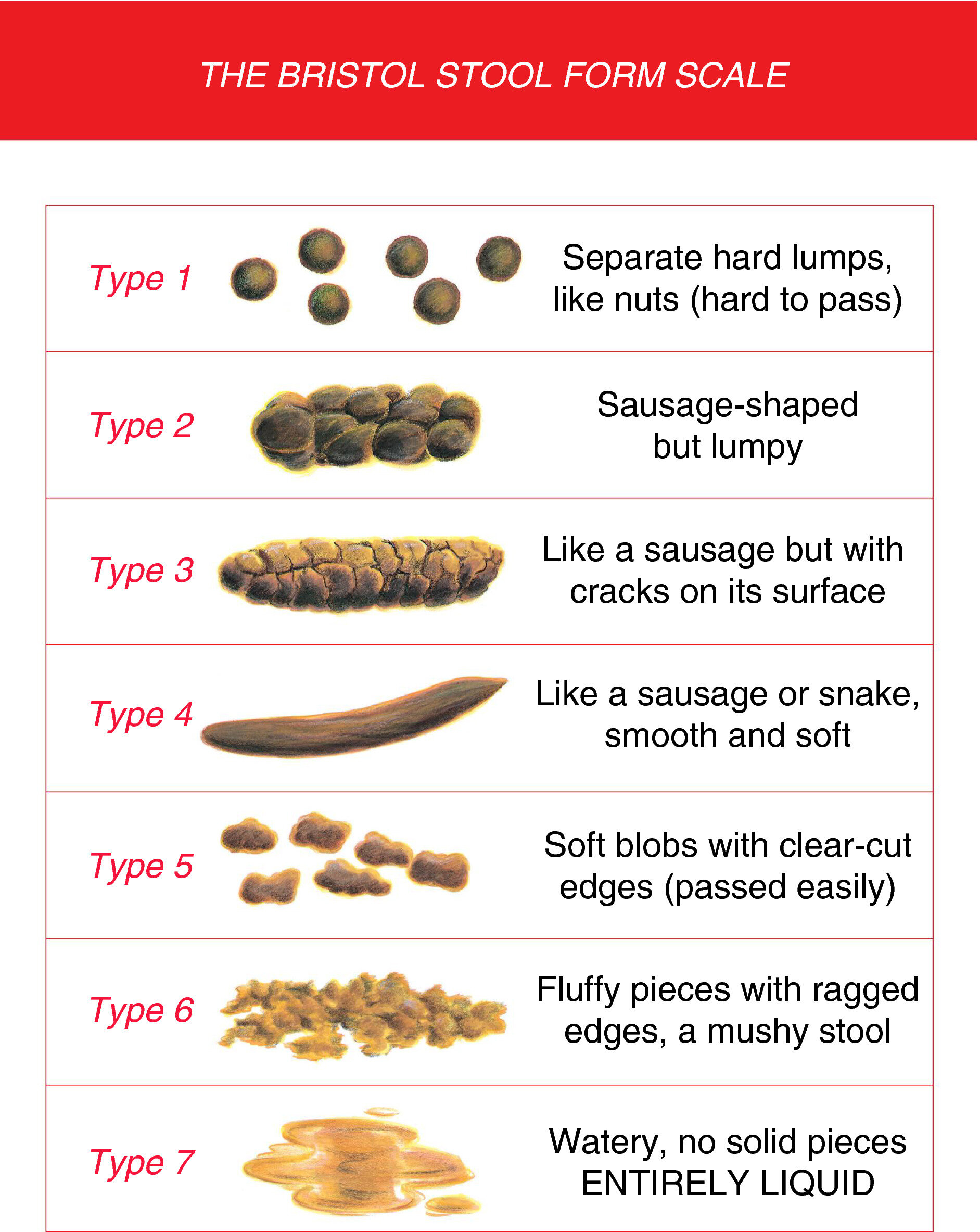What is your POO telling you?
Have you had a look in the toilet before you have flushed lately? If not, maybe the time has come. Nobody wants to discuss the basic human function of pooing, but opening up this discussion maybe a life saver.
Let’s keep it simple. Microbes ferment the food we eat and create good and bad chemicals. Good chemicals we call nutrients and bad chemicals are toxins. Good microbes eat toxins and poo out B vitamins and other beneficial compounds. Bad microbes eat nutrients from the food and poo out toxins. When we have a bowel motion, we release much of these endotoxins and reduce our microbial load.
This takes a huge stress off of our gut and liver, brain-adrenal axis and our immune system. This is why the health of our microbiome is so important.
The Bristol Stool Scale:
The Bristol Stool Scale is a chart that categorises human faeces into 7 different types based on appearance. A hospital in England created the chart to assess intestinal function in patients.
Type 1-2: Associated with Constipation
Type 1: Stool is characterised by hard, separate lumps often difficult to excrete. If you have a pet rabbit perhaps you will understand this comparison.
Type 2: Very lumpy but otherwise formed stool.
Type 3-4: Normal
Type 3: Comparable to a sausage with slight cracks on the surface.
Type 4: The ideal poo; described as soft, smooth and snake-like in appearance.
Type 5-7: Associated with Diarrhoea
Type 5: Soft, separate and easily passed stool.
Type 6: Described as mushy stool with ragged edges attributed by excess liquid.
Type 7: Stool not containing any solids but instead is entirely liquid.
A Normal Stool
A normal stool is the result of a healthy digestive system ridding the body of waste. It should be brown in colour as a result of bile that has been excreted from the liver to aid in digestion. Normal stools should also not have any visible food products that look the same coming out as they did going in. You should pass a bowel motion 1-3 times per day and it should slide out nicely without any strain or sticky issues.
There are many reasons why people suffer from digestive issues such as constipation, diarrhoea, cramps, bloating, indigestion, malabsorption, autoimmune issues, skin problems, fatigue and so much more.
If you would like to sort out your digestive health and improve the quality of your life, then please book a consultation online, or connect with a natural healthcare practitioner who can support your needs.


